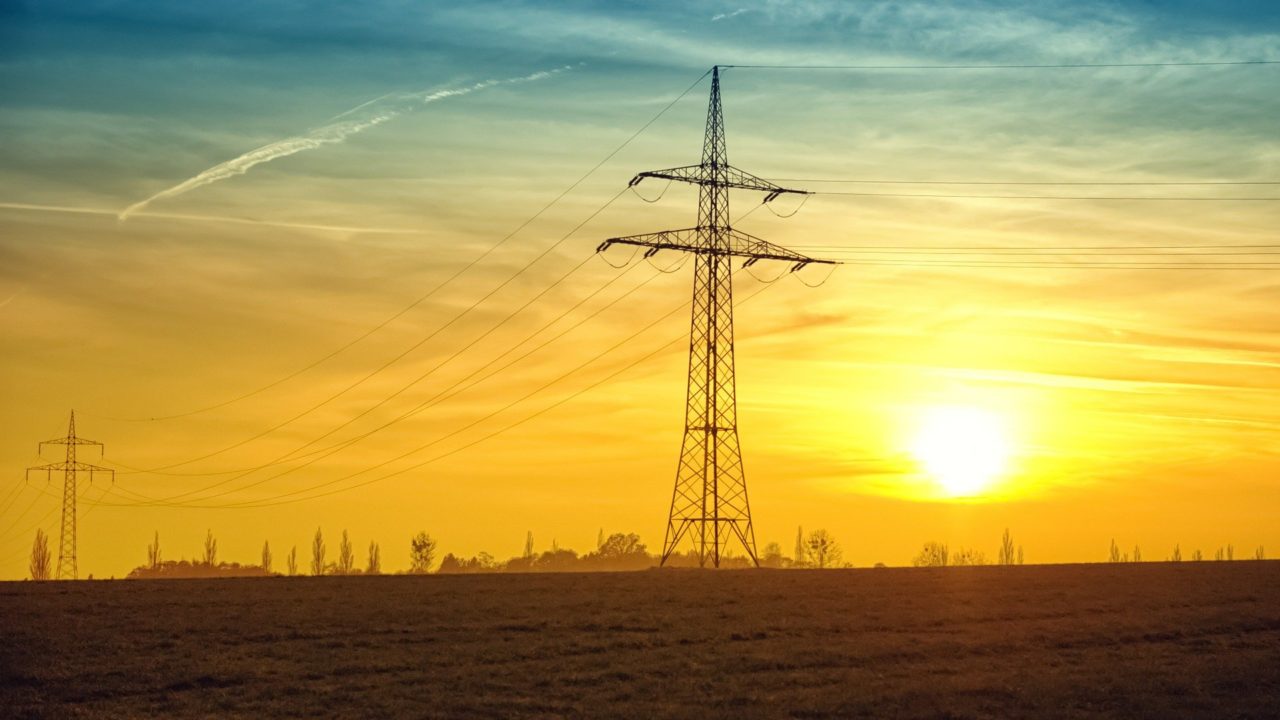The Rural Independent Group of TDs has described comments by Taoiseach, Micheál Martin, on a power supply review as “hollow” and “pathetic” and “removed from reality” as the country potentially faces blackouts.
Deputy Michael Collins, who is a member of the grouping, said that the government has failed to curb growing data centre electricity usage, as homes, farms, and small and medium sized enterprises (SMEs) face blackouts due to surging demands.
He added that this situation highlights how the government is “completely captured by the lobbying power and influence of foreign multinational corporations and tech giants”.
The Cork South West TD, stated: “As Ireland faces a winter of energy scarcity, in conjunction with possible rolling blackouts due to being the worst prepared European country, the Taoiseach’s promise of another review rings hollow and misplaced.
“Despite our fragile electricity supply, the government allowed data centres to increase their power demand by 32% alone over a 12-month period in 2021, and by a massive 144% between 2015 and 2020, according to the CSO [Central Statistics Office].
“This means 70 data centres now gobble up 14% of Ireland’s total electricity and are likely to reach 29% by 2028, as existing centres use more electricity and new ones are added to the grid, according to Eirgrid.
“Against this backdrop, the Taoiseach last month announced no moratoria on these energy-intensive I.T facilities, which also enjoy low taxes here. Ironically, this is occurring when the government is banning sales of petrol and diesel cars in favour of EVs [electric vehicles] and pushing people towards electric heat pumps to heat homes,” he added.
Blackouts
The rural independents claim that cumulatively, the additional electricity demand which it said is driven by government policy, will result in more frequent blackouts and more expensive electricity in the years ahead.
“Consequently, the government’s reckless and disjointed energy policies all point to looming catastrophic energy shortages in this country, as warnings come in from energy experts, the regulator, and Eirgrid,” Collins continued.
“This crisis is so dire that the country will likely be forced to curb or ration electricity usage to prevent power cuts in the winter months as temporary emergency generators have not been delivered, due to a complete lack of planning and any degree of government urgency.
“My group colleagues and I moved a Dáil PMB [private members’ bill] motion earlier this year, aimed at addressing Ireland’s lack of energy security, especially in the event of a crisis.”
Collins highlighted that Ireland now has no gas storage, with the Kinsale gas field depleted.
“The government had the option to use that field as a gas store, by pumping gas in during the summer months when demand is low, ensuring that a secure backstop was available in case of crisis,” the independent TD said.
“Instead, the storage infrastructure was allowed to be dismantled, underlining the utter lack of strategic planning on the part of the government.”
The rural TD said that other EU countries, including Germany, are filling their gas storage at the moment, where they have 100 days’ gas storage. Meanwhile, Austria has nearly one year’s gas storage.
“Meanwhile, our government, at the very end of the gas pipeline, chose to ignore every warning, undermining our energy security and having no storage capacity whatsoever. This is now one of the greatest risks facing Ireland today,” Collins stressed.
Liquid gas
The rural independent TDs have said that Ireland is the only country in Europe with a coastline that does not have a liquid natural gas (LNG) import facility.
“It would have provided us with an alternative option to the pipelines through the UK. The government chose not to have LNG, despite natural gas providing over 50% of the electricity in Ireland, according to statistics from EirGrid,” Collins continued.
“Thus, we are calling for an urgent Dáil debate on our electricity security when it resumes in September.
“We are also calling for the Taoiseach to emerge from hiding behind another report on these issues and make a public statement outlining how his government will cease the ‘red carpet’ treatment for data centres and do something tangible to address our energy security and demand crisis,” Deputy Collins concluded.
